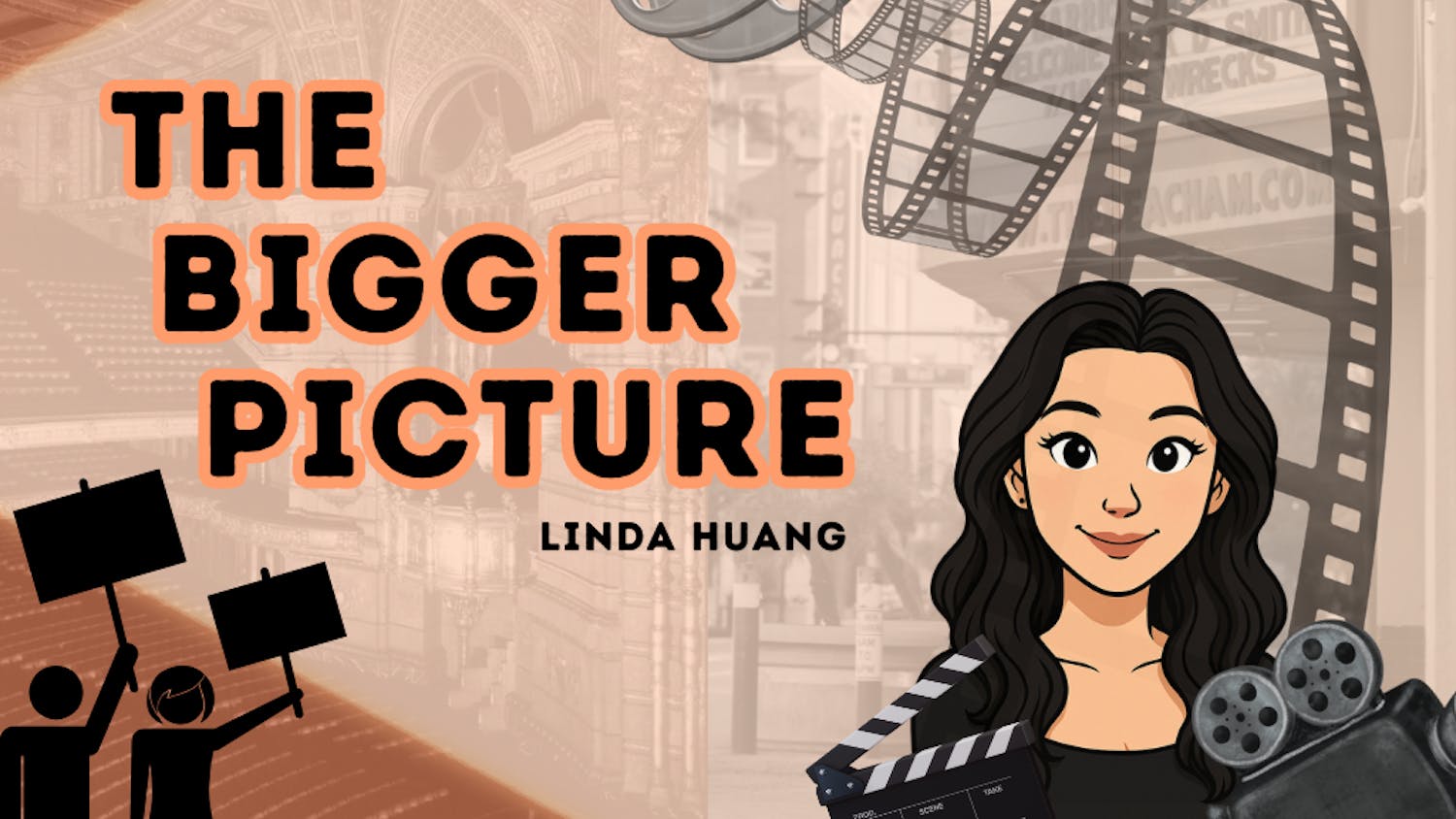“Call her daddy” — a plea to empower women in the (heteronormative) bedroom. Having trouble with your sex life? Alexandra Cooper, host of the podcast "Call Her Daddy" (2018–), which releases episodes every Wednesday, aims to please — and to provoke. Cooper disrupts placated views of female sexuality, whether dismantling or fueling patriarchy. Call her controversial.
On Jan. 18, Cooper interviewed Jamie Lynn Spears, Britney Spears’ younger sister with whom she feuds, in a two-part series. Throughout Britney’s 13-year conservatorship, Jamie’s actions have been widely perceived as destructive and counterproductive to the #FreeBritney movement. The movement grew from popular outrage about Britney Spears’s father’s abuse of power during the conservatorship, during which he administered drugs to her without her consent and prevented her from having more children. The gendered violence inflicted upon Britney’s body, mind, career and legacy is neither new nor fleeting. Britney has not yet been able to fully share her experiences, yet Jamie capitalizes on Britney’s struggles through the promotion of her book. As Cooper’s most publicized contribution to #FreeBritney discourse, her decision to platform Jamie faces criticism.
"Call Her Daddy" is not new to controversy. Critics claim she prioritizes male pleasure, promotes patriarchal beauty standards and objectifies women. Before Cooper took the show to Spotify, Barstool controlled its production, bringing the controversy around its founder Dave Portnoy to Cooper and former co-host Sofia Franklyn. Now the sole host, Cooper utilizes the press coverage of the legal battle to appear feminist in her triumphs in a male-dominated industry. She now markets the show as a space for women to explore their sexuality, relationships and femininity while centering mental health. Yet Cooper's Jamie Lynn Spears interview discredits Britney Spears as a woman who struggles with mental health and whose father seized control over her body, family planning, voice and career. The Spears episodes are also the most downloaded in "Call Her Daddy" history.
Father Cooper — as the host invites listeners to call her — claims power in her assertion of a male role. Her listeners revere her just as they would their fathers, but she actively chooses this position of power. Lawyer and gender politics author Linda Hirshman’s term “choice feminism” neatly defines Cooper’s message: A woman is liberated if she is the one making the choices, no matter what they are. Albeit still subscribing to heteronormative gender roles, feminism is upheld when she is "daddy." Wednesdays are for ignoring the stark reality of patriarchy that conditions women to think they really enjoy being "daddy."
On Jan. 21, Cooper released a mini-episode titled “Cancel Call Her Daddy” to address the Spears interview.
“It’s always like don’t give people platforms, silence them. … I think someone has a story that can be interesting and entertaining to be told even if it’s controversial, even if it makes you uneasy, that is the beauty of media,” Cooper said.
Cooper embraces controversy and asks us to step into the uneasiness of listening to stories with which we disagree. Many disagree with Jamie, and just as many disagree with "Call Her Daddy." Does Cooper want her audience to revere her as their "daddy," or should they question her just as many women and gender minorities aim to challenge the power cisgender men assert as their "daddies"?
Cooper fogs the feminist vision for intersectional progress, though she is a masterful ophthalmologist for the male gaze. But the criticism surrounding Cooper’s media perhaps usurps women’s power itself. The podcast is not categorized as a political or social justice-oriented show, but rather a comedy — a form of entertainment that is often offensive in nature. "Call Her Daddy" is almost always a controversy, and maybe that’s the point. The question becomes: Does "Call Her Daddy" need to be feminist?
"Call Her Daddy" perhaps constitutes its own sect of feminism, like that of the "girlboss," a neologism popularized by Nasty Gal founder Sophia Amoruso. The idea of a girlboss is a woman who, rather than liberating herself from the capitalist patriarchy, decides to sit atop it. In "Call Her Daddy" feminist practice, the woman is still chained by the patriarchy, sitting atop the man who chains her.
But "Call Her Daddy's" girlboss feminism does not entirely fail. We can never fully decenter men. After all, feminism is a reaction against male systems of power. Feminist thought was not always mainstream, but the declawed form of feminism embodied by the girlboss helped popularize it. But we have evolved past it, and the girlboss has become an archetype: an accidental satire.
"Call Her Daddy" can feel like listening to Cooper’s internalized male gaze narrate her life, but it began as a critique of sexism. So it goes: We critique society, and then we critique the ways that we critiqued society. So, no, "Call Her Daddy" need not be feminist, but the ways we listen to it can be.






